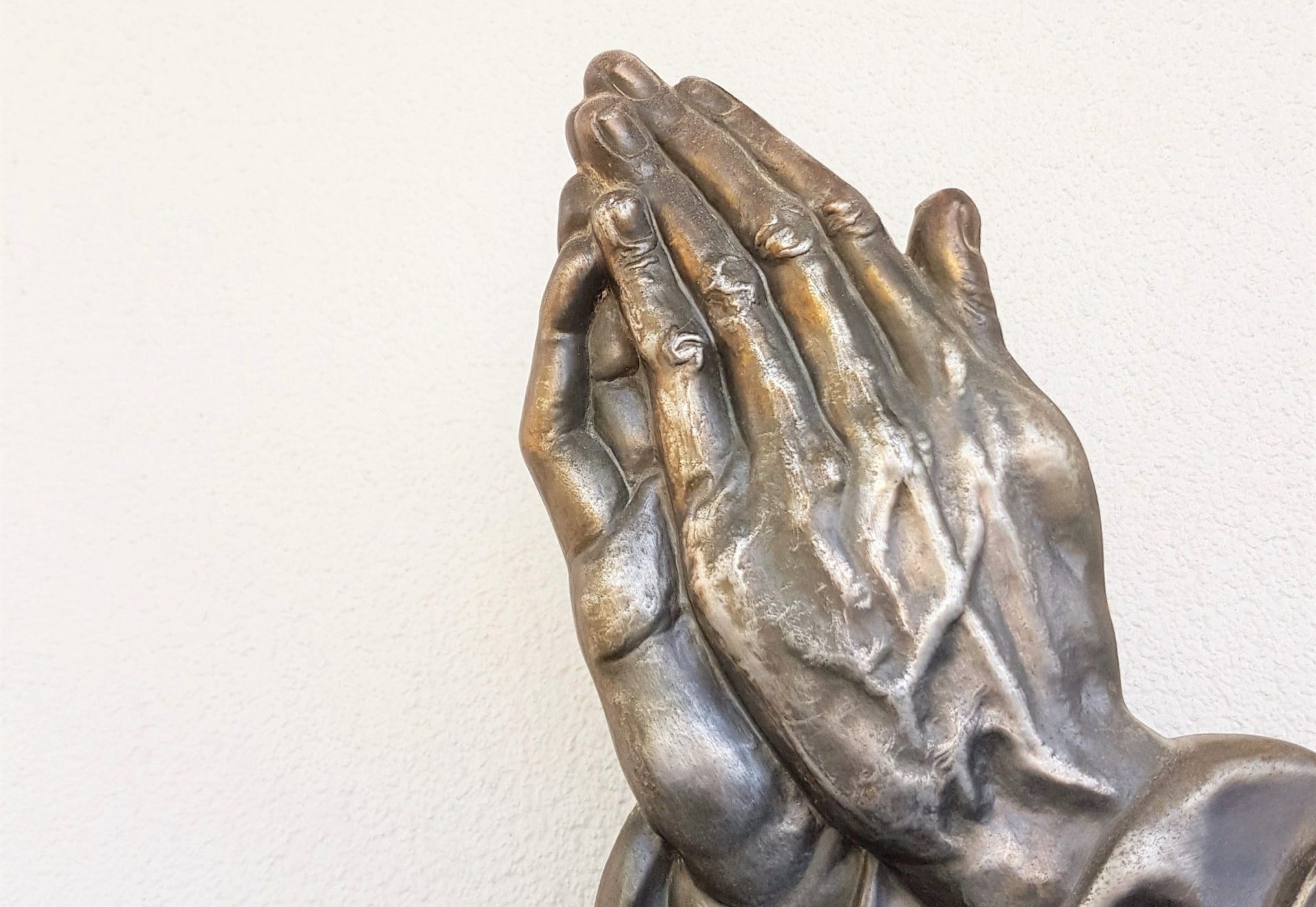
Curt Flewelling, FISM News
[elfsight_social_share_buttons id=”1″]
Christian physician Dr. Richard Scott has been vindicated after a four-year battle with England’s General Medical Council (GMC) over allegedly making a “vulnerable” patient feel “discomfort at the use of prayer.”
The settlement reached with England’s National Health Service (NHS) stipulates that Dr. Scott must attend a course on “professional boundaries” and does not have to admit to any wrongdoing.
The settlement is welcome news to the physician who could have lost his medical license for simply offering to pray with his patients.
“Dr. Scott maintains that he has always offered prayer and spiritual support within GMC guidance and that complaints against him have been consistently engineered by secular groups and anonymous complainants,” according to the group Christian Concern, which has been supporting him throughout his ordeal.
In the wake of his victory, Dr. Scott said that he hopes his case would act as an “encouragement to other Christian professionals that it is more than OK to share your faith and that freedom is worth fighting for.”
The National Secular Society (NSS) originally filed the complaint and did so, it claimed, out of concern for patients who they felt had a right to access health care free of evangelism. Groups such as these contend that Christians should simply “check their Christianity at the door” in between Sundays.
This assertion brings to mind a 2012 exchange between a reporter and then-House Minority Leader Nancy Pelosi who was asked, “How can you be Catholic yet pro-abortion?” The politician famously snapped back: “I do my religion on Sundays, in church and I try to go other days of the week, I don’t do it at this press conference.”
The forced compartmentalization of one’s faith has often led to religious liberty lawsuits in America where these freedoms are clearly stated in Amendment I of the Constitution of the United States. However, Christians in the UK have a more hostile go of it when the inevitable intersection of faith and vocation rubs someone the wrong way.
Author’s Biblical Analysis:
Dr. Scott may not have the constitutional backing that his fellow physicians in the U.S. have but he is loved and respected by his community, much like another doctor concerned with spiritual and physical healing, the “beloved physician,” Luke (Col. 4:14). Amidst his duties as a physician, Luke authored the Gospel of Luke and the book of Acts.
Dr. Scott has undoubtedly taken his cue from “The Great Physician” Jesus Christ, who although renowned for performing “physical” healings, emphasized that one’s “spiritual” health was of far more importance. He declared in Mark 2:17, “On hearing this, Jesus said to them, “It’s not the healthy who need a doctor, but the sick. I have not come to call the righteous, but sinners.”
